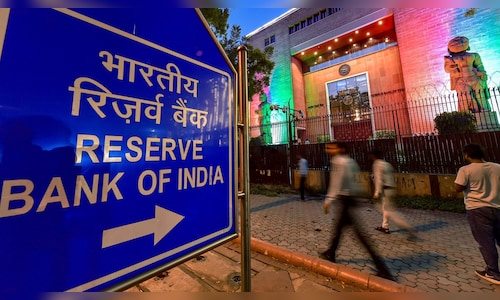Boost for Small Finance Banks: RBI Lowers Priority Sector Lending Targets

In a move expected to significantly ease the operational burden on Small Finance Banks (SFBs), the Reserve Bank of India (RBI) has announced a reduction in the priority sector lending (PSL) requirements. Effective financial year 2025-26, SFBs will now be required to allocate 60% of their total credit to priority sectors, down from the previous mandate of 75%.
What is Priority Sector Lending?
Priority Sector Lending refers to a portion of a bank's credit portfolio that must be allocated to specific sectors deemed crucial for economic development and social welfare. These sectors typically include agriculture, micro and small enterprises, education, housing, and renewable energy. The PSL framework aims to ensure that credit reaches underserved segments of the population and supports key growth areas.
Why the Change?
The RBI’s decision comes after extensive deliberations and feedback from the SFB sector. SFBs, by their very nature, often operate in underserved regions and cater to specific niche markets. The stringent 75% PSL requirement was proving challenging for many, impacting their profitability and ability to expand their operations. The reduction aims to provide SFBs with greater flexibility in managing their asset portfolios and focusing on sustainable growth.
“This is a welcome and much-needed adjustment,” noted a banking analyst. “SFBs play a vital role in financial inclusion, particularly in rural areas. Reducing the PSL burden will allow them to optimise their resources and improve their capital adequacy ratios.”
Impact and Implications
The lowered PSL target is anticipated to have several positive effects:
- Improved Profitability: SFBs can now allocate more credit to potentially higher-yielding sectors, boosting their overall profitability.
- Enhanced Capital Adequacy: Reduced PSL requirements can free up capital, strengthening SFBs’ balance sheets and improving their resilience to economic shocks.
- Greater Lending Flexibility: SFBs will have more discretion in determining the specific sectors they lend to within the priority sector framework, allowing them to better align their lending activities with market demand.
- Sustainable Growth: By easing the operational constraints, the RBI hopes to foster a more sustainable growth trajectory for the SFB sector.
Looking Ahead
While the reduction in PSL requirements is a positive development, SFBs are still expected to maintain a strong focus on supporting priority sectors. The RBI will continue to monitor the performance of SFBs and may make further adjustments to the PSL framework as needed. This move reinforces the RBI's commitment to fostering a vibrant and inclusive financial sector in India, recognising the unique challenges and opportunities faced by Small Finance Banks.
The change is expected to be formally announced in the RBI’s upcoming monetary policy statement. Banks and financial institutions are advised to review their lending strategies in light of this new regulation.






